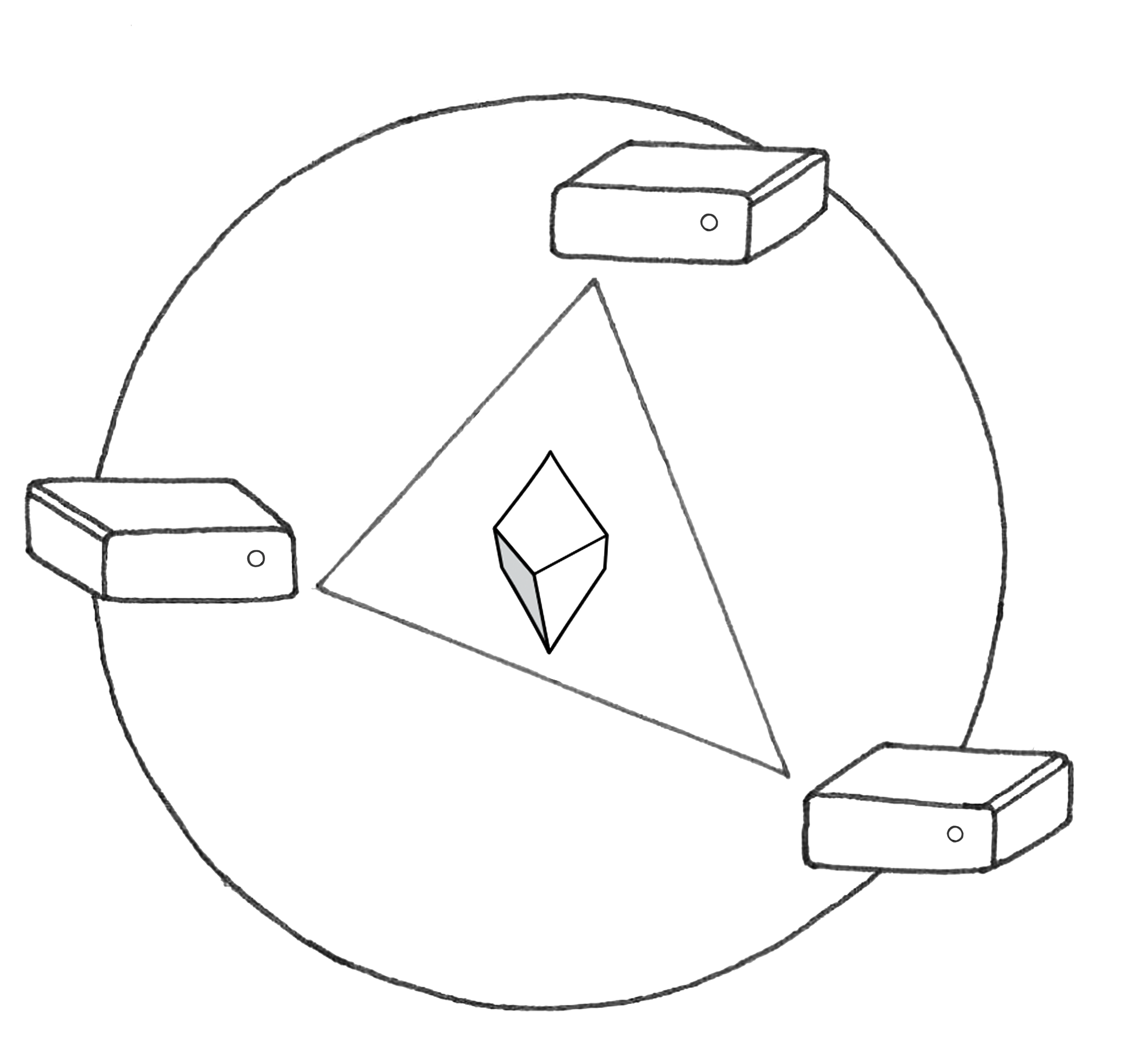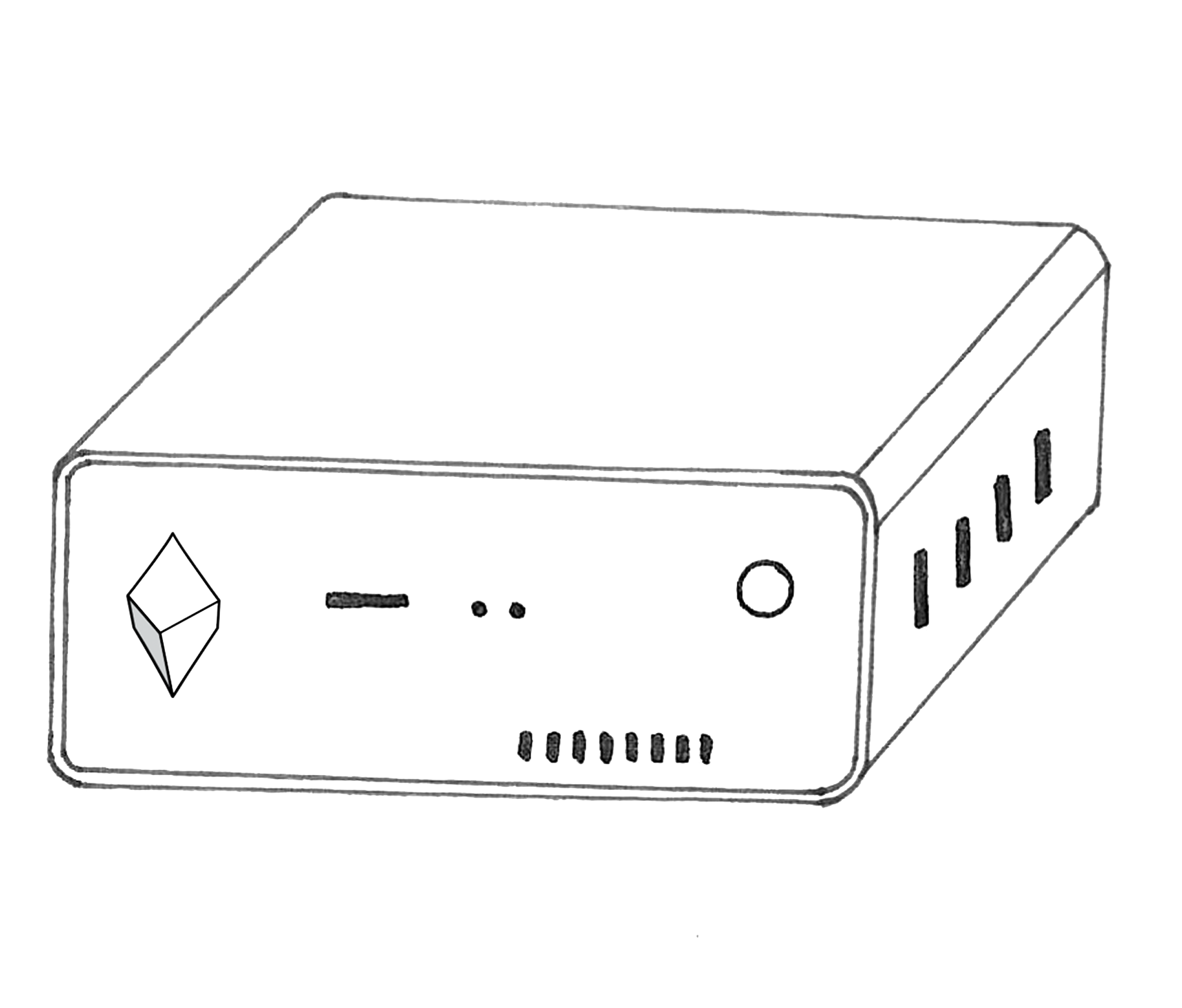Meet Arken, A Distributed Digital Archive Built for the World's Open Source and Scientific Data.
- Used Space: TB
- Total Space: TB
- Active Nodes:
- GitHub: arken/arken
- Files: files.arken.io
What is Arken?
Arken is a distributed network built to archive open source and scientific data. Instead of requiring a single central computer, Arken is made up of many distributed computers all working together. These computers pool their individual resources to form a shared global storage pool. Taking advantage of many small computers, Arken builds a globally redundant storage system that is only limited in size by the number people contributing their free hard drive space. Moreover, the Arken system can be made up of almost any computer with available storage space -- including a $35 Raspberry Pi.

Building a Stronger Future
Many researchers, museums, and archivists are struggling to host and
protect a vast amount of important public data. Although the price of
high capacity hard drives has decreased significantly in recent years,
most open-source and scientific organizations don't have the ability to
build and maintain their own hosting infrastructure. As such, many groups
have no other options but to rely on expensive cloud storage providers.
Sustainably-funded projects can afford the recurring costs of cloud data
storage, but projects with short-term grants cannot. Once their funding is
exhausted, researchers are often left with only their own hard drives to
store data. Ultimately, this is a fragile arrangement, as a single lost or
failed disk can result in the loss of valuable data.
Because of the lasting monthly expenses required by cloud storage,
many museums cannot afford to digitize their collections.
After working with a number of grant supported projects and watching them fail to find
a sustainable storage solution, we designed Arken so that we could collectively build
a better lasting storage system not dependent on any one entity.

Get Involved
Arken is an open source project created by a community
with a shared goal to help preserve and make public data
freely accessible. If you are interested in becoming
a part of this community there are many ways in which you
can help us.
1) If you have an old or spare computer, read about how to contribute
your extra storage space to grow the cluster here.
2) If you are a researcher, curator, or publisher in a field
and would like to help us review new additions to the Arken cluster
sign up to be a reviewer here.
And don't forget to say hi and join our conversation over
on Matrix!
Upload Your Data Now
If you are a researcher, collections curator, or open source publisher, check out our guide on how to submit & upload your data to the Public Arken Cluster here.

Explore Data Already in the Cluster
Check out files.arken.io to explore the data already a part of the Arken cluster hosted by the community.